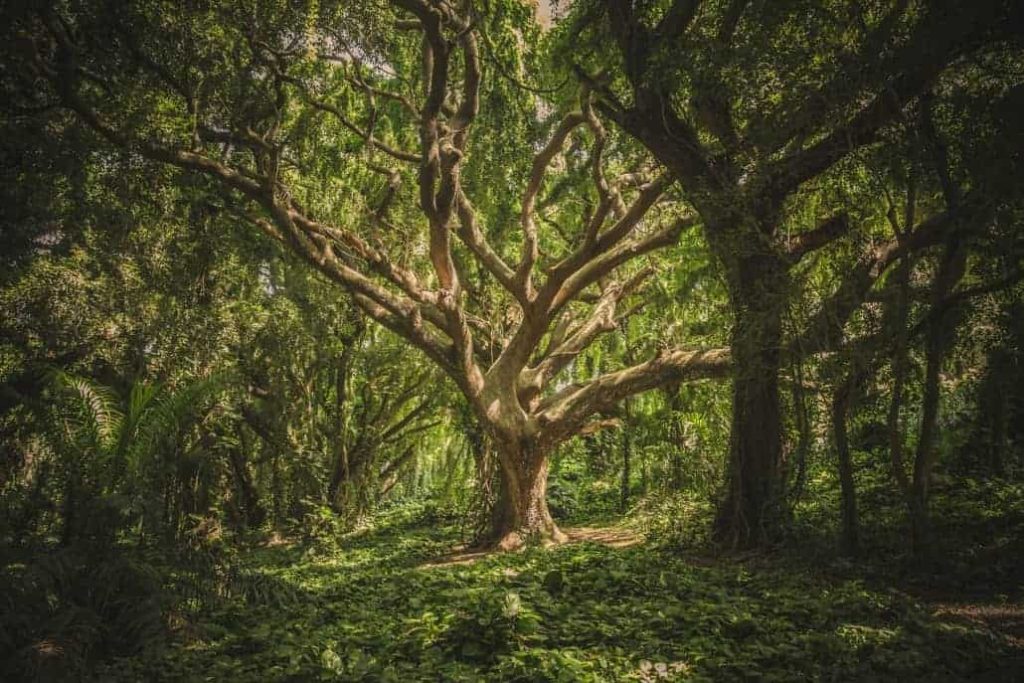In a world of fast-moving headlines and digital records, there’s something uniquely powerful about a spoken memory. A trembling voice recalling a childhood home, a laugh shared over a family story, a pause before describing a moment of loss—all of these are pieces of history that cannot be captured by dates and facts alone.
In Wood River, the stories of the past aren’t just found in books or museums—they live on through the voices of descendants, passed down from generation to generation. These oral histories are more than memories. They are windows into the lives, struggles, and triumphs of the people who built this community.
Stories Passed Down Through Time
Many residents of Wood River today can trace their roots back to early settlers, factory workers, and families who lived through the Great Depression, two World Wars, and sweeping changes to the American Midwest. Their descendants carry with them a wealth of personal stories—some told around kitchen tables, others recorded in journals or letters tucked into attic boxes.
Through the Oral History Project supported by the Wood River Heritage Council, these memories are being preserved in interviews with local families. These recorded conversations offer a rare glimpse into everyday life in earlier decades: what people cooked, how they celebrated holidays, how neighbors helped one another in times of need.
One local resident recalls, “My grandfather used to walk five miles to work at the oil refinery in the 1930s. He’d leave before sunrise with a packed lunch, and still come home with a smile.”
War, Work, and Family Life
Many oral histories focus on the transformative periods of the 20th century—when Wood River became a hub for industry, especially during World War II. Older residents remember the boom of factory jobs, the arrival of new families from across the Midwest, and the close-knit neighborhoods that grew around mills and railways.
Women share stories of keeping households running while their husbands were overseas. Children describe playing barefoot in dusty fields, helping their parents grow food during rationing, or attending school in one-room buildings with coal stoves.
Another common thread is the strength of family. No matter the era, these stories emphasize strong intergenerational bonds, a culture of hard work, and a deep pride in heritage.

Preserving the Personal
What makes oral histories so vital is their human touch. Historical records can tell us what happened, but not how it felt. Through the voices of those who lived it—or heard it firsthand—we get the emotion, nuance, and color that brings history to life.
The Wood River Heritage Council is working to archive these recordings, many of which are available at the Wood River History Museum. Transcriptions are being added so that future generations can read and hear the voices that shaped their town.
Volunteers continue to collect stories, often sitting down with older residents in their homes or at community events. The goal isn’t just to preserve the past, but to build a bridge between generations—so children today can understand the sacrifices, joys, and daily lives of those who came before them.
Your Story Matters
Everyone has a story, and in Wood River, every story is part of a greater tapestry. Whether your family has been here for five generations or you’ve just arrived, your experiences contribute to the town’s living history.
If you have memories to share—or know someone who does—the Wood River Heritage Council welcomes your voice. Through storytelling, we don’t just remember the past—we honor it.
In the end, it’s the quiet voices, the kitchen-table conversations, the handwritten letters and heartfelt interviews that remind us: history isn’t just made by presidents or pioneers. It’s made by ordinary people, living extraordinary lives in a small town called Wood River.



